A toast to a living legend of wine
Karl Stockhausen has celebrated another major career milestone – recently marking his 25-year association with the Mount View’s boutique Briar Ridge wine brand. The association began in 1991 when he briefly took over as Briar Ridge manager-winemaker and then became a consultant to its various winemakers, with whom he collaborated in crafting the Briar Ridge Stockhausen Signature Hunter Valley Semillon, Chardonnay and Shiraz wines.
Today he works on the Stockhausen wines alongside Gwyn Olsen, chief winemaker of Dr John Davis’ Pepper Tree Wines group.
